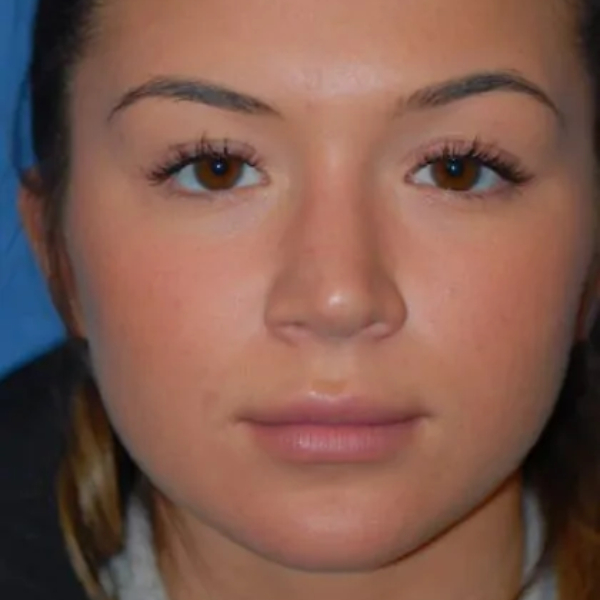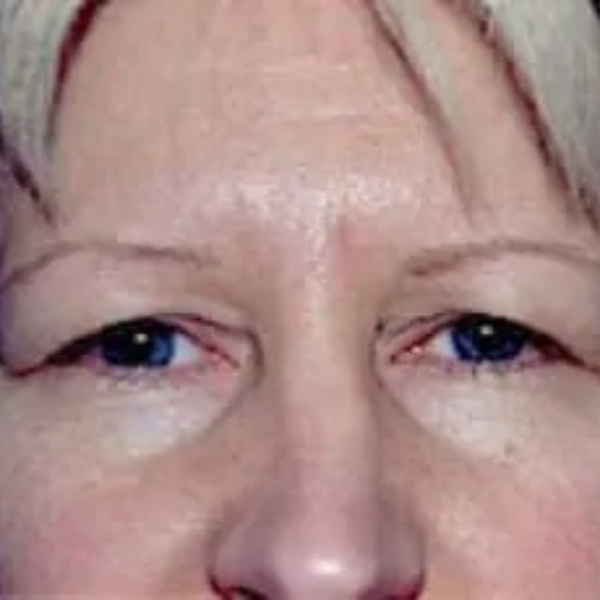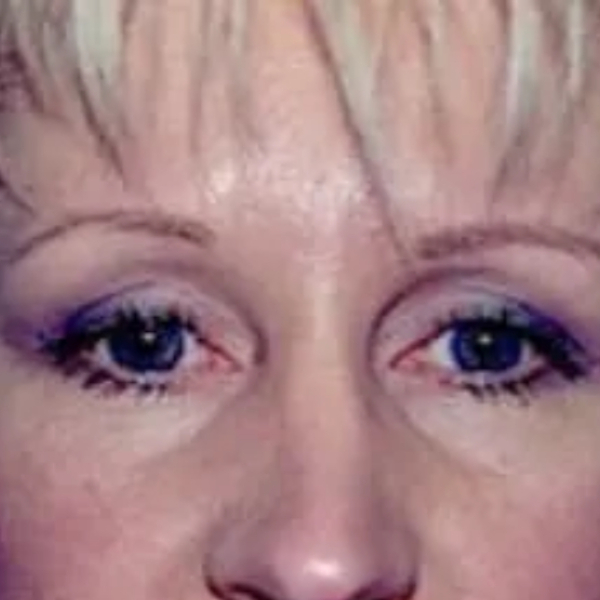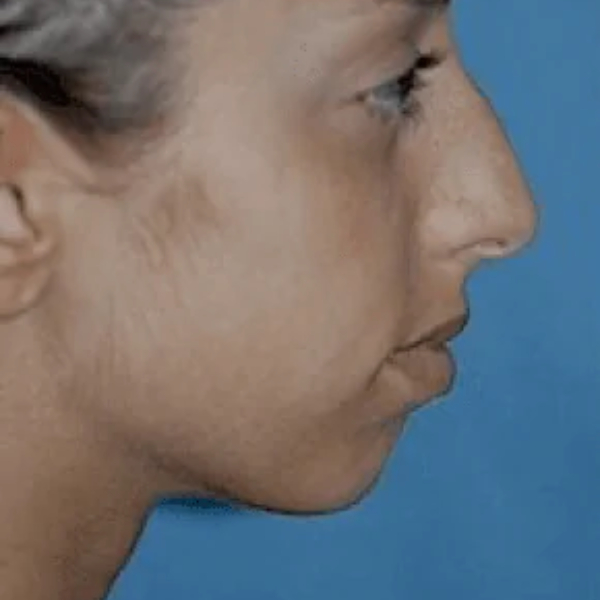Capsular Contracture
Consultations offered at our four convenient locations in Edison, Marlboro, Warren and West Orange, NJ

Capsular contracture is one of the more common complications to occur after breast augmentation surgery.1 The condition is caused by the development of an excess of fibrous scar tissue around the implant. The scar tissue can shrink and harden, leaving the implant visible and distorted in shape. In many cases, capsular contracture is very painful to experience.
Contents
What it is
Capsular contracture occurs when fibrous scar tissue forms around an implant after an augmentation. When the body perceives that there is a foreign object present, it creates a protective “capsule” around it.2 Generally, this natural reaction is not harmful and in fact, helps to keep the implant in position. In some cases, however, the scar tissue development is too extensive, becoming hard and compact. The scar tissue capsule tightens around the implant, squeezing it out of place. The affected breast will look distorted in shape and often results in chronic pain and discomfort.

HOW DO I KNOW IF I HAVE CAPSULAR CONTRACTURE?
Some signs of capsular contracture can begin to appear as early as several months after a breast augmentation surgery. An increase in the firmness or tightness of the breast tissue may be the first symptom of capsular contracture, which can worsen over time.
According to the American Society of Plastic Surgeons (ASPS), there are four levels of capsular contracture based on appearance, firmness and pain.3
- Grade 1: A complication that can result in the breast appearing to have two parts, due to the implant drifting out of place.
- Grade 2: Also known as “uni-boob” this complication occurs when the skin between the breasts starts to move away from the chest wall, creating the look of a single, wide breast. This condition is often the result of an augmentation performed with a faulty surgical technique.
- Grade 3: The saline or silicone fluid will be released into the body when an implant is ruptured.
- Grade 4: The tissue around the breast shrinks and hardens causing the implant to look compressed, become hard, appear unnatural or distorted, and feel painful.
In some severe cases of capsular contracture, the implant is squeezed entirely out of place and may even rupture due to compression. If you have Grade 4 capsular contracture, breast revision surgery is necessary.
Why choose us
At Associates in Plastic Surgery, our board-certified plastic surgeons have the training and experience to resolve capsular contracture.
Dr. Haramis, MD, FACS, and Dr. Heller are board-certified plastic surgeons who specialize in body and breast surgery. They have cumulatively performed thousands of breast surgeries.
Dr. Haramis and Dr. Heller have a combined experience of over 50 years in the field of plastic surgery.
We provide our patients with the latest advances in breast revision techniques to fully resolve cases of capsular contracture and the bedside manner to inspire trust and confidence.
Our caring, professional staff of registered nurses are known for their responsiveness and work to provide a very positive, professional, and safe medical experience from pre-operative care through to recovery.
Treatment
Your capsular contracture treatment will depend on the severity of your case, and the symptoms you are experiencing. One of our surgeons will determine which technique should be applied in your case to produce the optimal results. Generally, capsular contracture can be treated using the following procedures:
Open Capsulotomy: This treatment for capsular contracture involves removing a part of the scar capsule surrounding the breast implant to attempt to relieve the constriction and pressure on the implant.
Capsulectomy: This technique involves placing an incision beneath the breast and the scar tissue capsule is removed as well as the implant. If a new implant needs to be placed this is performed in the the same procedure. The surgery will be performed carefully, to help you avoid a recurrence of the condition.
Consultation

Don’t let capsular contracture diminish your confidence. Our providers are here to offer personalized solutions to patients in Edison, Marlboro, Warren, West Orange, and nearby areas of New Jersey and New York, tailored to your needs. With expertise and experience in a range of breast implant complications from capsular contracture to implant ruptures, we can help you take the first step towards resolution and reclaim your comfort. Contact us now to schedule a consultation and embark on your journey towards renewed confidence and well-being.
FAQs
How long is the recovery from capsular contracture treatment?
You should expect the recovery period to last several weeks. You will be given a surgical bra to wear to reduce the swelling and bruising and hold your breasts in place during healing. You will need to rest, sleep on your back, and avoid any strenuous exercise, lifting, or stretching for four to six weeks following your surgery.
How much does capsular contracture treatment cost?
The treatment to resolve a capsular contracture condition will vary in cost. Some patients require the implant and the scar capsule to be removed, and a new implant placed. The cost of treatment is in the range of $3,000 to $13,275. The most important issue to consider is that you have experienced the problem once, and do not want it to reoccur. When under the care of the board-certified plastic surgeons at Associates in Plastic Surgery, you can be confident that your treatment is in the hands of some of the most accomplished surgeons in the region.
Can I combine any other surgical procedures with capsulotomy?
Yes. Combining capsulotomy with other surgical procedures like tummy tuck, breast lift, breast implant revision with new silicone or saline implant placement, Brazilian butt lift, breast implant removal, facelift, rhinoplasty, VASER lipo, liposuction, or non-surgical treatments like Botox may be feasible, contingent upon individual circumstances and your surgeon’s recommendations. This approach offers the opportunity to address multiple aesthetic concerns simultaneously, such as breast shape, body contouring, and implant-related complications. However, the decision to combine procedures should be made after thorough consultation with your Associates plastic surgeon, considering factors such as overall health, recovery expectations, and surgical risks.
Resources & references
- Archives of Plastic Surgery. Capsular Contracture after Breast Augmentation: An Update for Clinical Practice. Available: https://www.ncbi.nlm.nih.gov/pmc/articles/PMC4579163/. Accessed March 1, 2024.
- ASPS. Here’s what you need to know about capsular contracture. Available: https://www.plasticsurgery.org/news/articles/heres-what-you-need-to-know-about-capsular-contracture. Accessed March 1, 2024.
- ASPS. What is capsular contracture and how can it be treated? Available: https://www.plasticsurgery.org/news/blog/what-is-capsular-contracture-and-how-can-it-be-treated. Accessed March 1, 2024.








